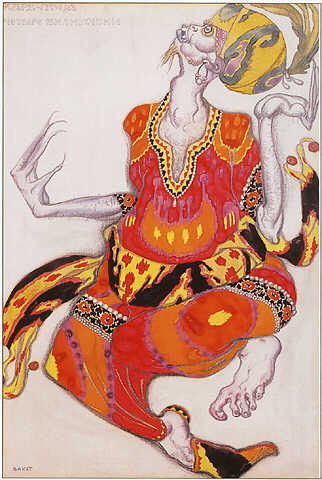I recently swapped Fantasy book recommendations with my cousin, and it’s got me thinking about magic systems.

I suggested he read Jonathan Strange and Mr. Norrell, by Susanna Clarke. It’s a favourite of mine. He bounced off about halfway through — “too much like a history book”. Alas, one can lead a horse to water, but one cannot compel it to read an 864-page alternate history about duelling regency-era wizards.
His suggestion to me was Mistborn, by Brandon Sanderson. I’m halfway through and, although I’ll admit to doing a little eye rolling here and there, it’s a pretty fantastic read. The world-building is top-tier, the characters are breezy and fun, and it captures the same power-fantasy vibes that ground TTRPGs like 5e. It’s not as good as Jonathan Strange and Mr. Norrell (indeed, it has nothing to do with the Napoleonic Wars, and there are barely any butlers so far), but it is a lot of fun.
Hard Magic
If you’ve heard of Mistborn, you probably know Sanderson is famous for his ‘hard magic systems’.
Essentially, casters burn metal deposits within their bodies to produce one of ten effects. The effects are divided into Pushes (which are fuelled by pure elements) and Pulls (which are fuelled by specific alloys), and then paired into dyads. There’s a really clear establishment of:
- What kind of effects Magic can produce
- Which characters can do which Magic and why
- How much of that Magic they can do and when
One of the interesting things about it is that it’s largely internal. Casters ‘burn’ metals to produce effects like heightened senses, improved strength, and emotional suppression; with the exception of some magnetic telekenesis, there’s not a ton of visually provocative stuff. Despite Sanderson’s popularity, it’s very easy to see why Mistborn‘s never been adapted to film.
In an age where books often read like film treatments, it struck me how thoroughly game-like the mechanics of Magic were here.
It works great for keeping stakes up and conflicts grounded. With the rules well-explained, it’s easy to understand when Magic is and is not about to bail out the characters. On the downside, it does have an element of superhero fantasy to it; Magic becomes almost mundane, boiled down to predictable interactions.
Soft Magic
Compare this to Jonathan Strange and Mr Norrell.
Because Magic is being used as a metaphor for academia and art (and more specifically, for the kind of private language that develops between genius specialists), its inner workings are left much more opaque. It feels intensely mysterious, bound only by dream logic. Both the readers and the fictional wizards are not quite sure where the bounds of their powers lie, or what the costs of their meddling will be.
And shouldn’t Magic feel a little mysterious?
It’s hard to gamify. PbtA games may have a simpler time with it; I hope we hit some of that with Wakeside, our PocketQuest 2025 entry. Brave Zenith has a magic system that intentionally eschews quantifiability, which was interesting but a little imbalanced. Dolmenwood seems to have some interesting gestures in that direction. But overall, any Magic system that hands the PCs the keys to the kingdom is going to suffer from predictability.
Fixes
Often in my games, I find myself drawing a line. There’s magic, and then there’s Magic.
Players have access to a whole set of magical abilities. They may be the only people in the world capable of creating those effects. But NPCs? Monsters? BBEGs? They are not constrained by those rules. All the Magic, that isn’t your magic, is wild and untamed. You have no idea what it’s capable of. Strange things could happen. Be prepared!
It’s an imperfect fix.
More and more, I see Vancian magic not as a weird Gygaxian hangover, but as a remarkably perfect fit for roleplaying games.
The Vancian system parcels spells up into little pieces of mental ammunition. Each one has its own rules and can be discovered individually. Your abilities are understandable, testable, knowable. The sum of what else might be out there? Who knows!? Magic is fragments of power from ancient times, far beyond the reckoning of those who use it! Even wizards barely understand it.
I think the place we go wrong is in handing over the whole grimoire to choose spells from. Handing them out piece by piece, never seeing the whole, not knowing what other wizards might be capable of — that’s the kind of Magic I want in my games.
Hey, you made it this far! Check out this blog post about the consequences of polymorphing, or go buy a wiz-biz adventure for Troika or 5e! Also, big thanks to the Incorrigible Party for having us on Master Dungeon Master this week!
